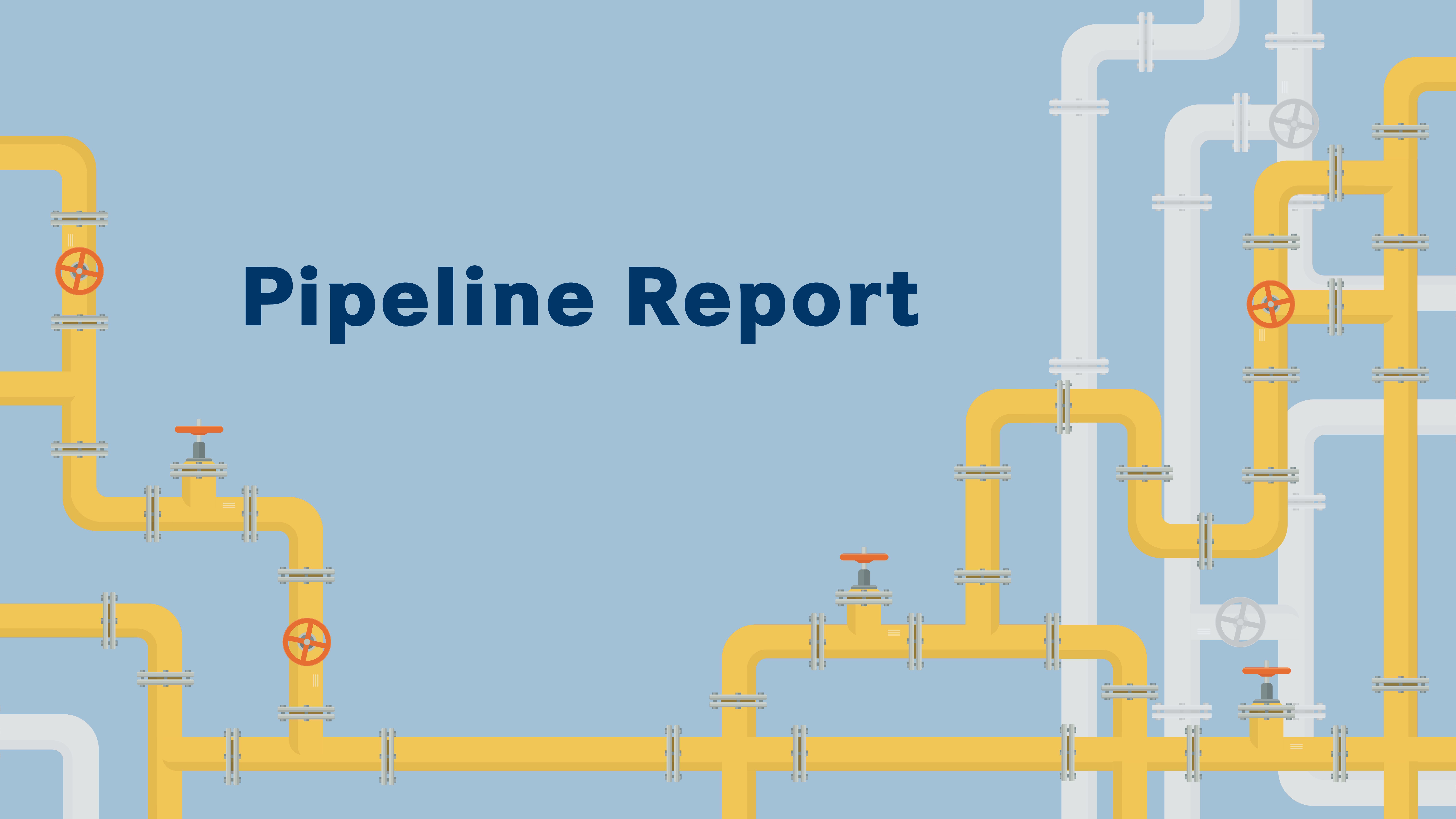
FLAMINGO-01 Trial Examining Adjuvant GLSI-100 in HER2+ Breast Cancer Approaches Initiation

Significant progress has been made toward the initiation of the phase 3 FLAMINGO-01 trial, which will evaluate the combination of the immunotherapy GP2 with granulocyte macrophage colony stimulating factor in the adjuvant treatment of HER2/neu- and HLA-A*02–positive patients following surgery and trastuzumab-based therapy.
Significant progress has been made toward the initiation of the phase 3 FLAMINGO-01 trial, which will evaluate the combination of the immunotherapy GP2 with granulocyte macrophage colony stimulating factor (GM-CSF; GLSI-100) in the adjuvant treatment of HER2/neu- and HLA-A*02–positive patients following surgery and trastuzumab (Herceptin)-based therapy.1
GP2 is a biologic 9 amino acid peptide of the HER2/neu protein; the agent will be delivered in combination with the FDA-approved GM-CSF, which will serve to stimulate an immune response and target HER2/neu-expressing cancers.2
Greenwich LifeSciences, Inc., the developer of GP2, has announced that a contract research organization has been contracted for the start-up of the trial, along with project and data management and clinical data monitoring. Moreover, the third clinical lot of the product using a commercial line has been manufactured, and commercial lots of the GP2 active ingredient has been contracted so that the biologics license application can be filed.
Additionally, the central laboratory has been contracted to screen for HLA type, and drug and biological sample storage sites, along with other trial infrastructure, has also been put into place. The study has also been granted approval from the Central Institutional Review Board.
Previously, results from a prespecified subgroup analysis of a prospective, randomized, single-blinded, placebo-controlled, multicenter phase 2b trial showed that after a median 5 years of follow-up, no recurrences were observed in the HER2/neu-positive adjuvant setting if the HLA-A*02–positive patient was given the 6 primary intradermal GP2 injections over the first 6 months (P = .0338). GP2 was also found to induce a strong immune response per local skin tests and immunological assays.
With the prospective, randomized, double-blinded, multicenter FLAMINGO-01 trial, investigators seek to reproduce the phase 2b trial and further explore the use of GLSI-100 in HER2/neu- and HLA-A*02–positive patients, following surgery and the first year of treatment with any trastuzumab-based therapy or an approved biosimilar.
Additional major screening criteria include having residual disease following neoadjuvant therapy and surgery, and pathologic complete response (pCR) if the patient has stage IIII disease at the time of presentation. Patients with stage IV disease will be excluded.
First, patients will undergo a screening period and within 3 months prior to the end of their trastuzumab-based treatment, they will be screened for HLA type. After treatment with the trastuzumab-based therapy has come to completion, HLA-A*02–positive patients will be randomized to GLSI-100 or saline placebo.
Participants will receive 6 intradermal injections of GLSI-100 or saline placebo for the primary immunization series over the first 6 months. They will subsequently receive 5 boosters over the next 2.5 years, equating to total of 11 injections over 3 years of treatment. There will be 1 additional year of follow-up for a total of 4 years after the first year of treatment with a trastuzumab-based therapy.
Key stratification factors will include residual disease/pCR, prior pertuzumab (Perjeta), and geographic region.
The key objectives of the research are to identify whether GP2 increases invasive disease-free survival (iDFS), to evaluate the safety profile of the immunotherapy, and to monitor immunologic responses to treatment and examine relationship to efficacy and safety.
Investigators anticipate enrolling approximately 498 patients to FLAMINGO-01. To detect a hazard ratio of 0.3 in iDFS, a total of 28 events will be required. An interim analysis for superiority and futility is planned to occur when at least 14 events have occurred. This sample size provides 80% power if the annual rate of events in placebo-treated subjects is 2.4% or greater.
Clinical trial sites continue to proceed through the study start-up process and the clinical-stage biopharmaceutical company shared that they will continue to solicit additional sites and networks in the United States and on an international level for study participation.
References
- Greenwich LifeSciences provides update on upcoming phase III clinical trial, FLAMINGO-01. News release. Greenwich LifeSciences, Inc.; February 1, 2022. Accessed February 2, 2022.
https://bit.ly/3GohiPE - Patel SS, McWilliams DB, Fischette CT, et al. A prospective, randomized, multicenter, double-blinded, placebo-controlled phase III trial of the HER2/neu GP2 + GM-CSF (GLSI-100) versus saline placebo as adjuvant therapy after trastumab-based therapy in HER2-positive women with operable breast cancer (FLAMINGO-01). Presented at: 2021 San Antonio Breast Cancer Symposium; December 7-10, 2021; San Antonio, Texas. Accessed February 2, 2022.
https://bit.ly/3s8rc2B




































